In 2018, Netflix announced plans for the live-action remake of the widely acclaimed series, Avatar: The Last Air Bender, however, concerns have emerged about the project’s successful execution. The series drew inspiration from actual nation-states, tribes, and kingdoms that existed throughout history to create The Four Nations. Despite being produced as a children’s program, the show tackled adult themes about war, genocide, displacement, corruption, and mental health. The show resonated with both kids and adults because its creators were able to construct a story that was compelling to both age groups, which showcased a masterclass in storytelling.
Not only was Avatar: The Last Airbender’s world-building brilliantly crafted, but each character had their own unique arc that shaped them throughout the series. With a seamless blend of humor and tragedy, the show imparted valuable lessons of love, redemption, and honor. Avatar received praise from both audiences and critics alike, which is a testament to the show’s exceptional quality. Given the immense love for the original series, there are understandable concerns in regard to the ability to capture the magic and essence of the show in Netflix’s live-action remake.
6 Original Avatar: The Last Airbender Creators Have Left The Project
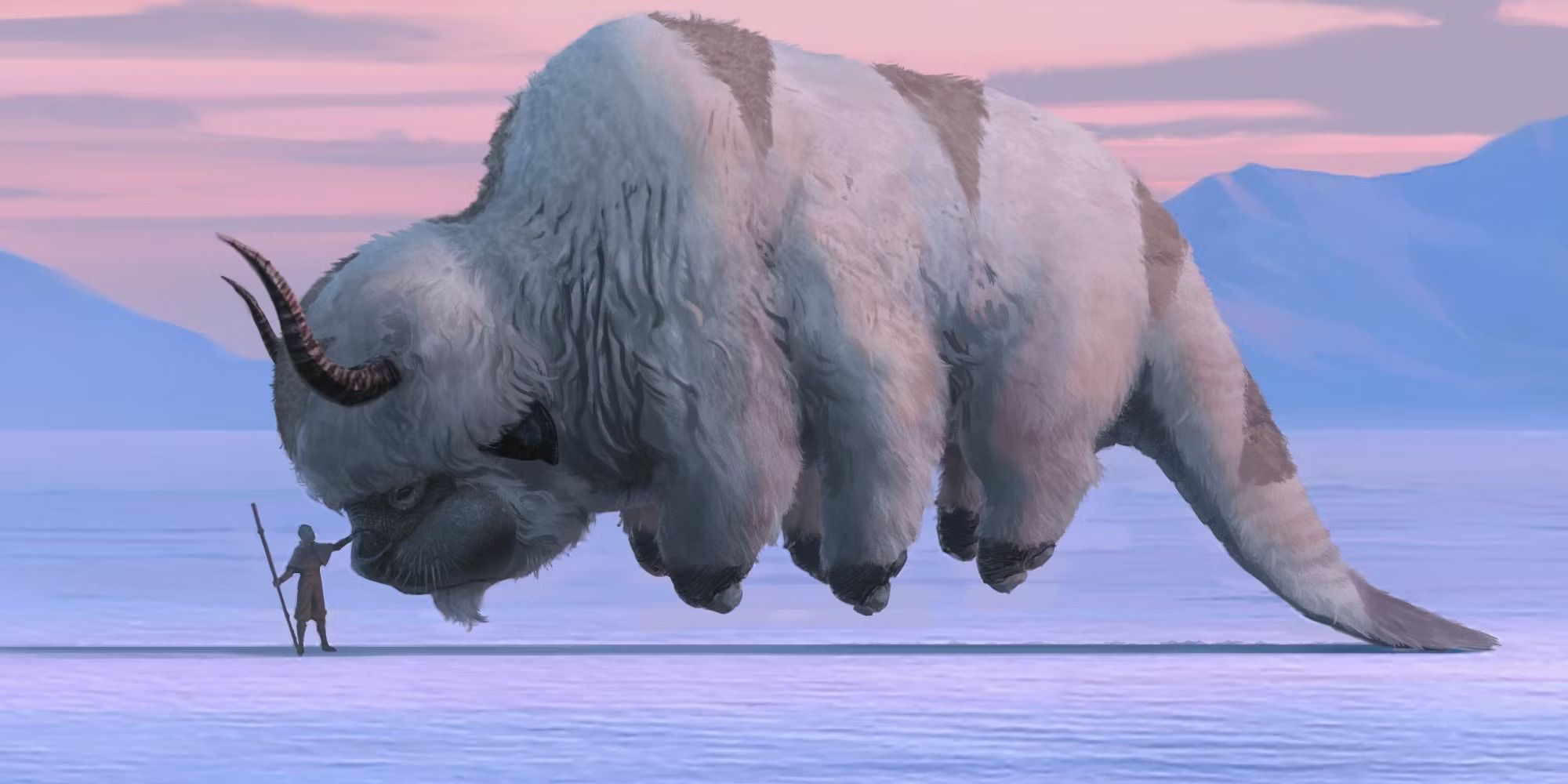
Avatar: The Last Airbender was created and pitched to Nickelodeon by Michael Dante DiMartino and Bryan Konietzko, and ran on the network from 2005 through 2008. The duo meticulously crafted a three-season arc with all the major events that occurred in the series, then fleshed out all the beats in between to deliver a thoughtful and captivating narrative. When Netflix announced the live-action adaptation in 2018, both creators were hired to work on the series, which assured fans that the source material would be honored. However, in 2020, both original creators exited Netflix’s live-action Airbender show due to disagreements about the creative direction.
After having spent two years developing the live-action series, DiMartino and Konietzko believed their creative vision for the show was not being supported. Konietzko said, “Mike and I are collaborative people; we did not need all the ideas to come from us. As long as we felt those ideas were in line with the spirit and integrity of Avatar, we would have happily embraced them. However, we ultimately came to the belief that we would not be able to meaningfully guide the direction of the series.” The departure of both of the creators of Avatar: The Last Airbender has raised concerns about Netflix’s ability to deliver a faithful adaptation of the beloved animated series.
5 Live-Action Anime Are Typically Unsuccessful
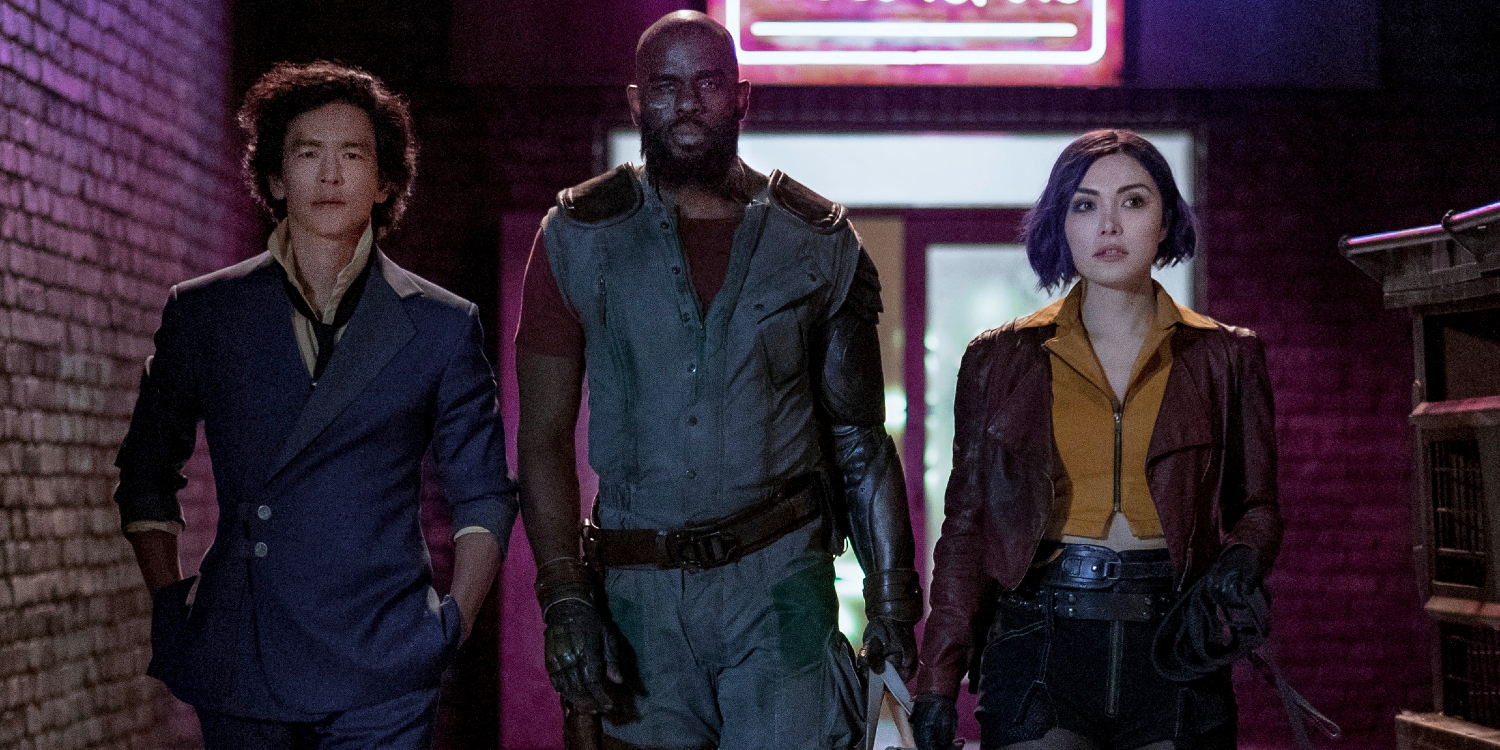
Anime has grown in popularity over the years worldwide, which has prompted networks to create live-action versions of these shows. However, these adaptations often face criticism from viewers and critics as they fail to capture the essence of the original anime. Animation allows for characters’ features to be elongated and compressed, which is why it is difficult to adapt this distinct visual style. Just as some stories are better suited for stage or screen, there are stories that are better expressed through an animated medium.
Anime is known for its dynamic action sequences, and when live-action remakes try to replicate them they often look cheesy. The exaggerated appearance and movements of the anime characters make it difficult for actors to realistically portray them on screen. The heart of anime lies in its animation, and when it is brought to a live-action medium it runs the risk of diluting the fantastical style that made the viewers fall in love with the story in the first place. The unique visual style and dynamic action sequences are difficult to replicate in a live-action adaptation, which can lead to the loss of elements that made viewers fall in love with these stories.
4 Netflix Has A Poor Track Record With Adaptations
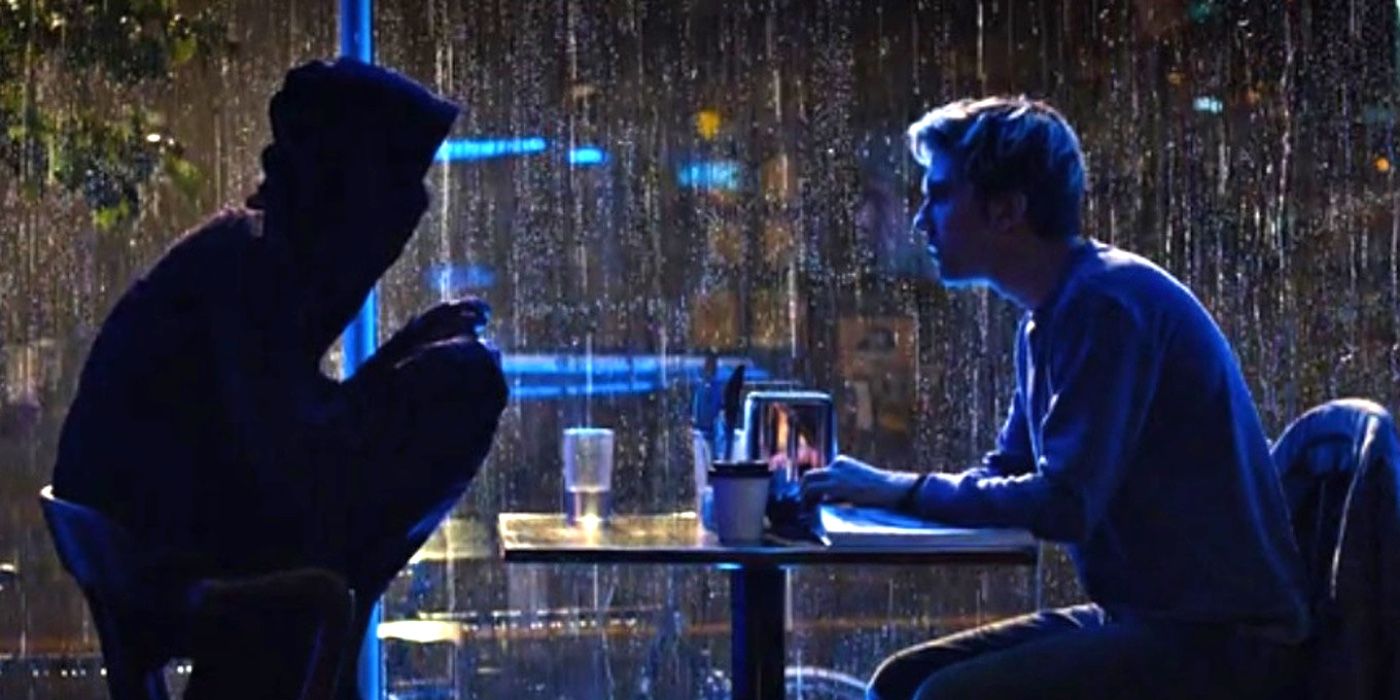
Netflix has a reputation for developing poor adaptions that veer far away from the source material, especially when it comes to anime. Death Note showcased how the streaming platform failed to translate the original story faithfully to a live-action medium. The lowered stakes diminished conflict, while the character traits of Light and Death Note became muddled, which caused their original motivations and likability to vanish. Additionally, the run-time was too short for the world-building and character development that the show needed, as the original show has 37 episodes and the adaptation was compacted into a 90-minute film.
Another failed live-action Netflix adaptation was Cowboy Bebop, which saw significant alterations to the beloved character’s personality and motivations. The show struggled to strike a balance between the original’s tone and the effective progression of the story. Given Netflix’s track record of unsuccessful adaptations, particularly in the anime genre, it is understandable why there is concern over the Avatar: The Last Airbender live-action remake.
3 Netflix Cancels Shows Too Quickly
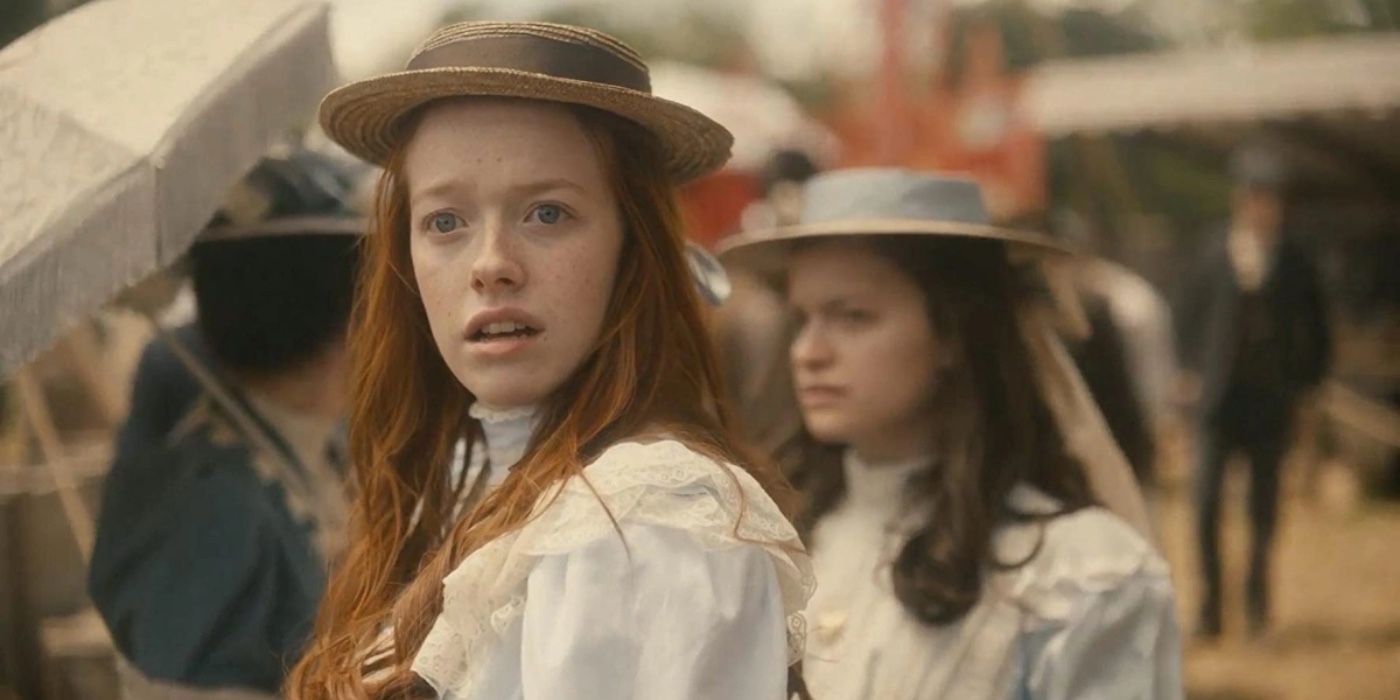
More often than their streaming competitors, Netflix tends to cancel favorite shows too soon, which has left audiences outraged as to why. These shows include Chilling Adventures of Sabrina, Sense8, GLOW, The OA, Dark, and Annie With An E. Netflix justifies these decisions by citing market research that suggests shows that run longer than three to four seasons do not attract new viewers to the streaming service. Consequently, Netflix tends to pour money into new content rather than nurturing the shows that have already brought viewers to the service.
This trend raises concerns for the live-action Avatar: The Last Airbender series, as the show was granted a $120 million budget for the first season. Given Netflix’s pattern of allocating resources to new content to expand its audience base, there is a worry that the budget of the show is so large that it would not be worth the financial risk to continue after the first season. Additionally, since the first season of Avatar is rated lower compared to the following two seasons, there is concern that the show may not receive the necessary time and opportunity to grow and develop to its full potential.
2 The First Attempt Of A Live-Action Avatar: The Last Airbender Remake Was Poor
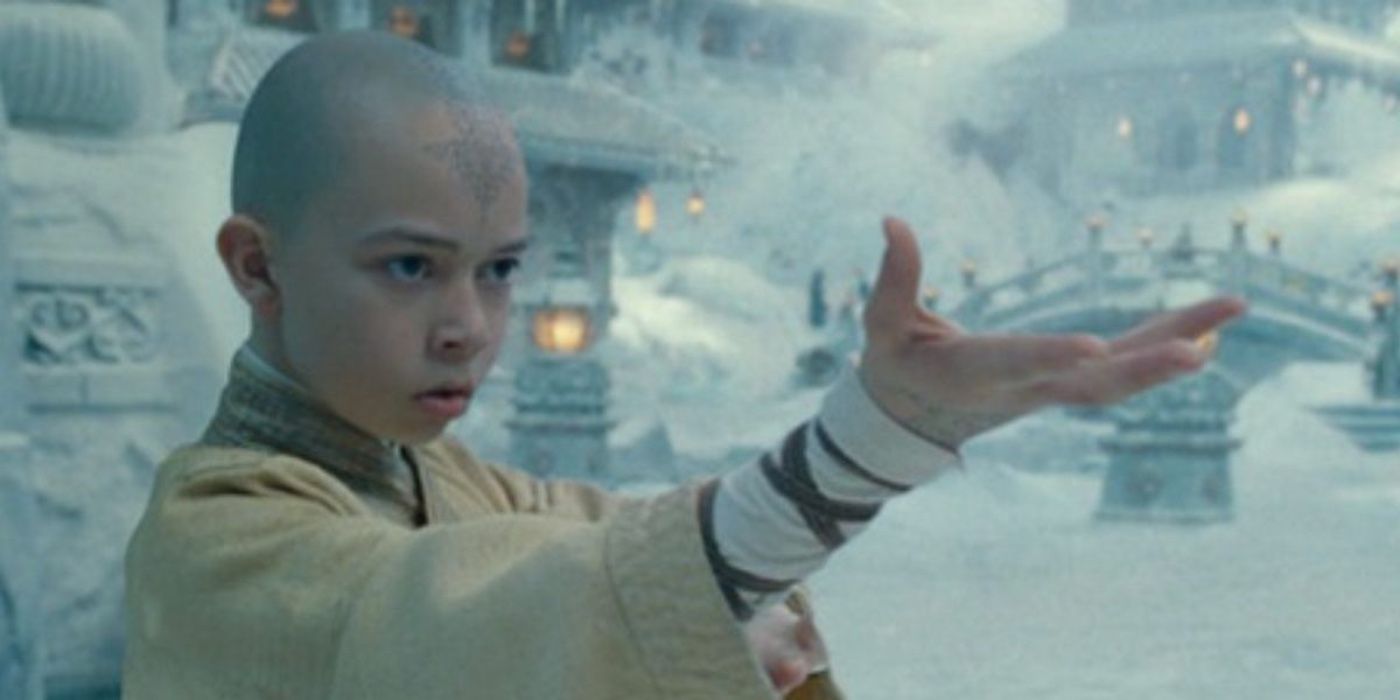
There were many factors that went wrong in the Last Airbender live-action film that ultimately led to its failure. One of the primary issues was the attempt to condense the 20-episode first season into a feature-length film. The writers of the film were unable to translate the depth of the complex storylines and intricate character arcs from the first season into a movie that had a runtime of under two hours. The ability of the original creators to seamlessly move between light and dark moments of the story was lost in the film, as viewers were left with characters that seemed unreconcilable and a story that fell flat.
Another significant problem with the film was the controversial casting choices. In the original series, The Four Nations represented various Asian cultures, yet the movie cast white actors in the lead roles. The decision received backlash as it whitewashed the characters and undermined cultural diversity. Additionally, the film condensed multiple storylines of the first series, which led to a lack of emotional impact in the third act of the film. After the failure of the first live-action attempt of the beloved Avatar series, it is understandable why there is concern surrounding any future adaptation of the series.
1 Extended Episode Length Could Ruin Avatar: The Last Airbender’s Pacing
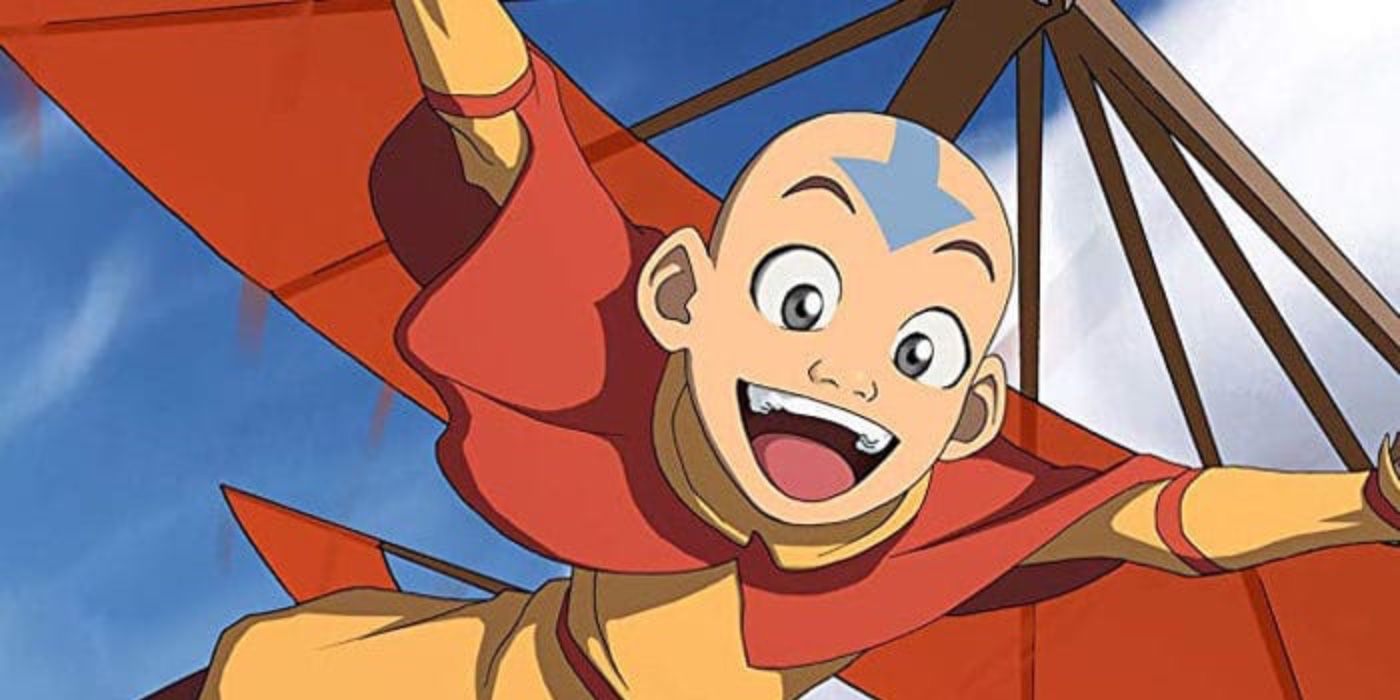
The Netflix adaptation of Avatar: The Last Airbender will differ from the original series by the utilization of eight hour-long episodes instead of the original 20 episodes. This change raises concerns about the tone and pacing of the show, as the story needs to blend the humor and darkness seamlessly while allowing the world and characters to develop gradually. The characters are not rushed to further the plot, and conflicts are left to simmer and escalate. There is a risk that important elements that made the show captivating could be lost over the eight episodes, as the creative team could leave out important elements that made audiences fall in love with the show.
With the original creators no longer in the writer’s room and Netflix’s poor track record with live-action adaptations of beloved anime, it remains to be seen how Netflix will handle the creation of the new Avatar series. The loyal following of Avatar expects the show to honor the original source material and adapt it in a way that captures its essence. For Netflix to succeed, the show must embody the heart of the original, and not only develop the show’s protagonists but also maintain the depth of its antagonists. As the show’s potential release date is speculated to be in late 2023 or early 2024, it remains to be seen whether the concerns surrounding the live-action adaptation of Avatar: The Last Airbender are valid or if Netflix can deliver a worthy rendition of the beloved show.




